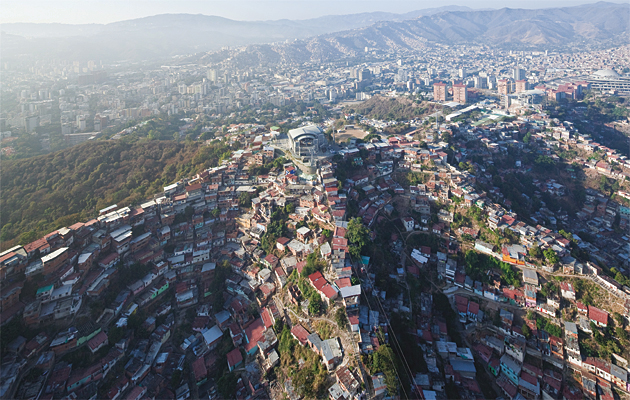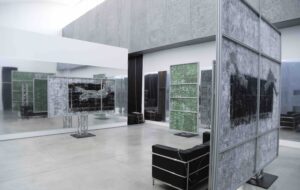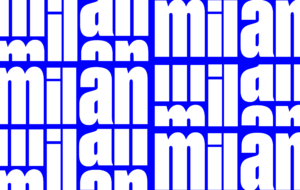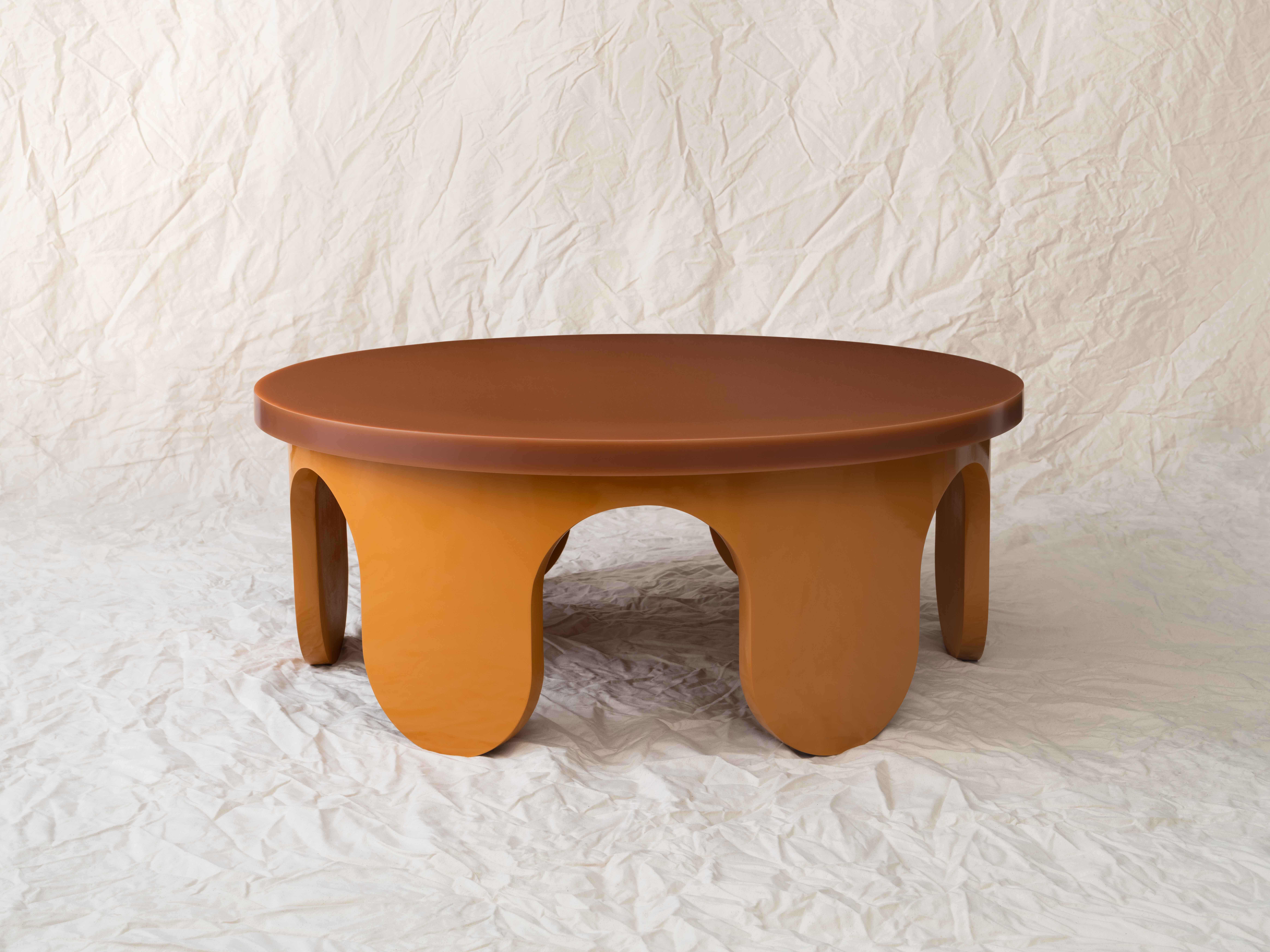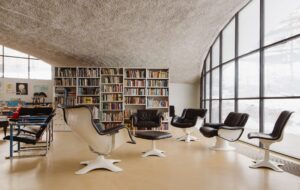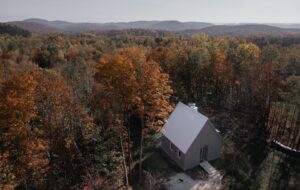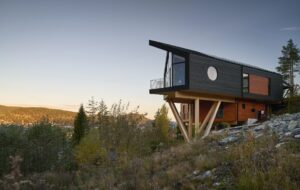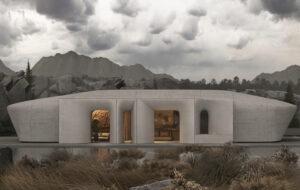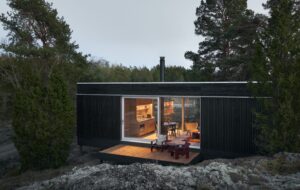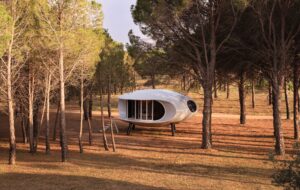|
Hornos de Cal Metrocable station, San Agustín, Colombia |
||
|
A tour of informal settlements from Rio to Caracas shows cities being reclaimed in remarkable ways. But are they a viable template for the future? In Radical Cities, Justin McGuirk travels across Latin America interviewing activist architects, community leaders and radical politicians who are devising ingenious architectural solutions to urban problems. Against a backdrop of austerity and corruption, he finds them working with marginalised citizens who are trying to meet their own housing needs and claim their right to the city. In northern Argentina, he meets the charismatic leader of the Túpac Amaru movement, which has built its own community centred around a vast swimming pool and dinosaur-themed park. In Chile, he visits Quinta Monroy, a scheme for which architect Alejandro Aravena designed only half of each home, with space left for residents to fill in when they could. He rides the Alpine-style cable cars of Rio de Janeiro and Medellín that have connected the peripheries to the city proper. At the heart of the book is Torre David – a case study that won McGuirk and Urban Think Tank (UTT) the Golden Lion at the Taking as its starting point the failure of the modernist project, Radical Cities proposes these schemes as examples of an alternative approach to placemaking – of “urban acupuncture” rather than the amputation of dysfunctional areas; of small, pragmatic interventions instead of ambitious projects designed to overhaul lives. Invoking the spirit of such thinkers as John Turner and Hernando de Soto, McGuirk presents informality as inevitable: “When will we come to terms with the fact that the favelas are not a problem of urbanity, but the solution?” In remaking the city, he says, architects and planners must “channel the transformative potential of the slumdwellers”. McGuirk paints a vivid picture of these imaginative answers to seemingly impossible questions, without portraying them as easy fixes. The importance of spatial solutions to ending social exclusion is never in any doubt and the case studies are proof that funding such schemes is worthwhile. He argues that these interventions are lessons to us all they may also inspire architects in search for deeper social purpose in their work. It’s slightly less clear that these case studies, however successful, can provide lessons for wider urban policy. Several of them, such as Quinta Monroy or UTT’s vertical gyms in Caracas, depend on the goodwill and motivation of architects and activists who are outsiders. Others, such as Túpac Amaru, rely on the initiative of specific communities or inspirational leaders. The residents of Quinta Monroy may love their homes, but to assume that everyone can and wants to build their own – as Aravena seems to do – risks leaving many people trapped in inadequate housing. There are also hints of conflict in many of these projects – members of a community do not always agree. The poor claiming their right to the city is an admirable development, but not if the reality involves a 28-storey climb to the highest occupied floor – and an equal drop down if you lose your footing – as it does in Torre David. Such projects are necessary because the state is already failing in its duty, but they can never fully replace public housing. Moreover, it could be argued that shifting the onus for building onto citizens goes hand in hand with a withdrawal of the state from this crucial responsibility. McGuirk acknowledges that the failure of many public projects has less to do with their architecture and more to do with mismanagement and poverty. This could apply equally to housing solutions devised by activists – the failure and success of almost any architectural project ultimately depends on funding and political will. Nonetheless, Radical Cities is an exhilarating tour of the continent – a collection of stories that demonstrates great ingenuity in the harshest of circumstances. |
Words Debika Ray
Radical Cities: Across Latin America in Search of New Architecture by Justin McGuirk |
|
|
||

